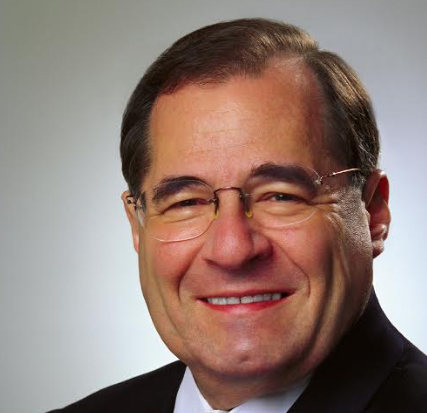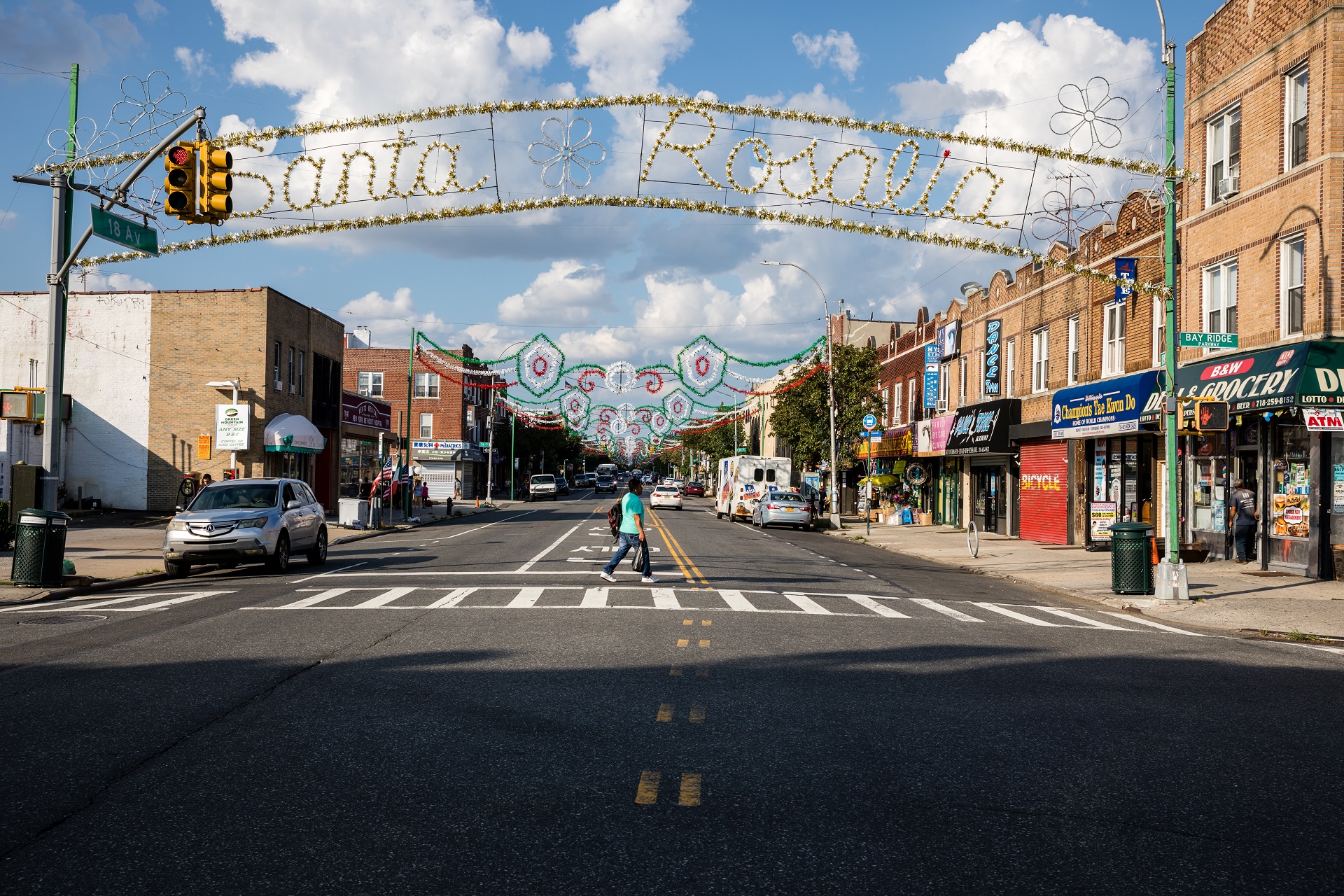In Public Service: Nadler fights for 9/11 families
Congressman’s district includes World Trade Center

U.S. Rep. Jerrold Nadler’s congressional district cuts a path across two boroughs and includes the Upper West Side of Manhattan and parts of Bensonhurst in Brooklyn. Photo courtesy of Nadler’s office
The World Trade Center is in U.S. Rep. Jerrold Nadler’s congressional district. That’s an important fact to know when one is looking at Nadler’s career in the House.
The congressman has been at the forefront of many battles over legislation aimed at helping Sept. 11 victims, first responders and residents of lower Manhattan.
And he’s still fighting.
